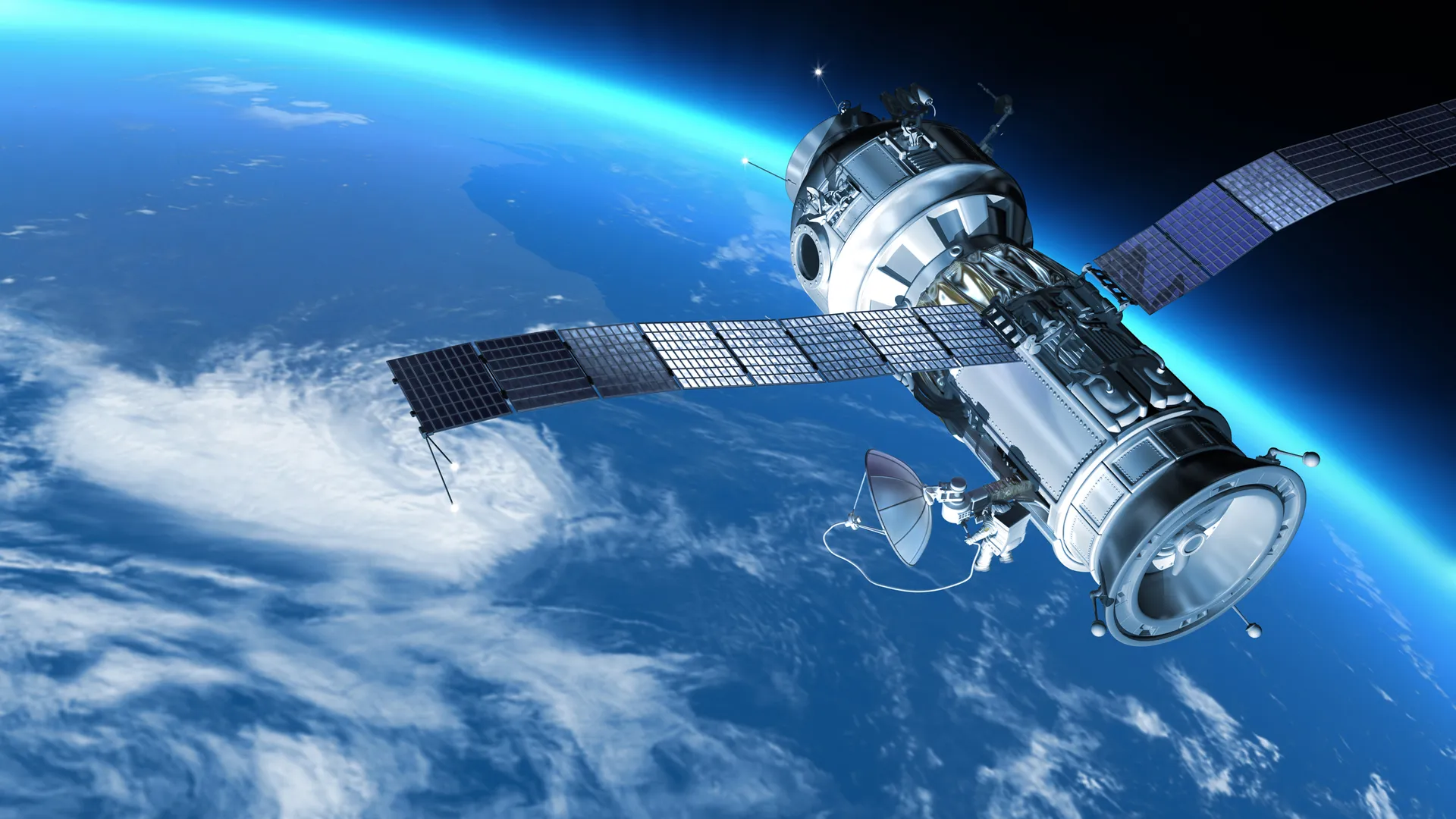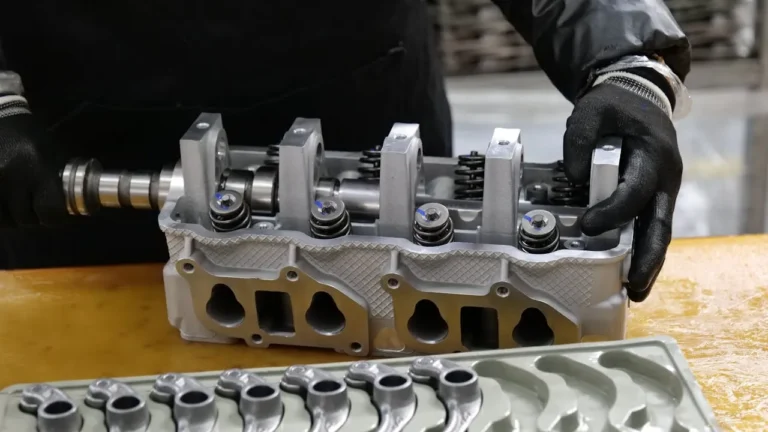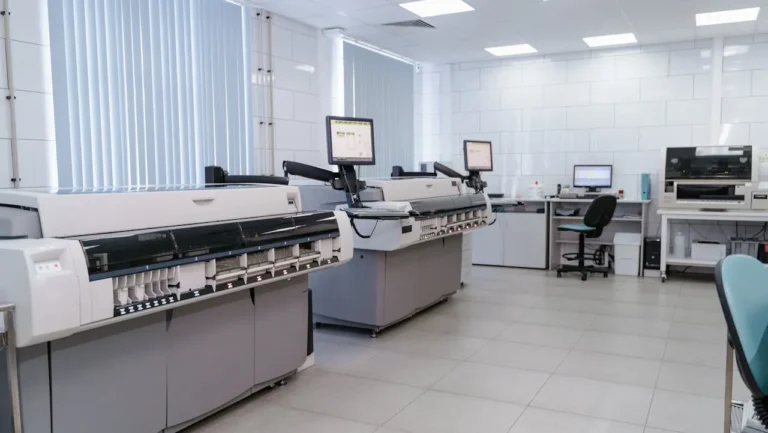
Under a newly signed contract with the European Space Agency (ESA), Frontgrade Gaisler is spearheading a pivotal initiative to advance European sovereignty in cutting-edge semiconductor technologies specifically designed for space applications. This ambitious effort aims to develop the foundational technologies required for the most advanced integrated circuits in space, utilizing Ultra Deep Sub-Micron (UDSM) nodes, including processes as advanced as 7-nanometer (7nm). As global demands for space-based computing capabilities increase, this project is set to play a transformative role in ensuring Europe’s leadership and autonomy in space innovation.
The initiative, which falls under ESA’s “EEE Space Component Sovereignty for Europe” program, brings together a consortium of key industry partners, each contributing specialized expertise. Frontgrade Gaisler is collaborating with leading organizations, including imec (Interuniversity Microelectronics Centre vzw) and IMST GmbH, to harness their capabilities in high-performance microprocessor design, advanced semiconductor library development, and high-speed memory interface technologies. By drawing on this collective knowledge, the project will lay the groundwork for next-generation space computing systems that meet the sector’s rapidly growing performance and reliability needs.
ESA is proud to support this groundbreaking initiative, which represents a critical step toward European sovereignty in advanced semiconductor technologies for space, said Boris Glass, Technical Officer at ESA. “By investing in Ultra Deep Sub-Micron processes such as 7nm FinFET CMOS technology, we are ensuring that Europe remains at the forefront of space innovation and autonomy. This technology is essential for enabling next-generation space exploration missions and satellite constellations. The collaboration with Frontgrade Gaisler and its industry partners is pivotal to achieving these ambitious goals and enhancing Europe’s competitiveness in the global space arena.”
The consortium’s primary objective is to establish radiation-hardened libraries and Intellectual Property (IP) cores that serve as essential building blocks for reliable and efficient integrated circuits. These radiation-hardened technologies are critical for space environments, where electronic components must endure extreme radiation levels and operate reliably over long durations. By integrating such foundational capabilities, the project will enable the development of highly advanced integrated circuits capable of supporting a broad range of space applications.
Central to the project is the design and development of an advanced RISC-V microprocessor prototype. This cutting-edge microprocessor will be rigorously tested to ensure high performance and resilience to radiation, demonstrating its suitability for the harsh conditions of space. The RISC-V architecture, known for its scalability and flexibility, is expected to provide a powerful and efficient solution for space computing tasks. This prototype represents a key milestone in Europe’s efforts to establish a sovereign and competitive capability in space-grade microprocessor technology.
Frontgrade Gaisler has decades of experience supplying the space sector with advanced semiconductor products, which positions us perfectly for the work of the EEE Space Component Sovereignty for Europe program, said Sandi Habinc, General Manager at Frontgrade Gaisler. “Through this initiative, we are leveraging our extensive expertise—alongside the contributions of our consortium partners—to advance UDSM technology and strengthen Europe’s position as a leader in space innovation. This work is not only about meeting current demands but also about anticipating the future needs of the global space community.”
Building on the foundation established through the development of the RISC-V microprocessor prototype, future phases of the project will focus on advancing the design toward full production and qualification. This next step will ensure that Europe possesses a robust, autonomous, and highly competitive space computing capability. Such advancements are vital for enabling technologies such as artificial intelligence (AI), edge computing, and real-time processing aboard next-generation satellite constellations, deep-space exploration missions, and other high-performance space systems.
The project’s emphasis on incorporating state-of-the-art technologies extends beyond microprocessors. It includes innovations such as high-speed serial interfaces, die-to-die interconnects, and System-in-Package (SiP) concepts, which will further enhance the capabilities of integrated systems for space applications. These developments ensure that the technology meets the increasingly complex requirements of space missions, including higher data throughput, increased computational power, and reduced size, weight, and power consumption (SWaP).
With a rich history of delivering space-grade semiconductor solutions, Frontgrade Gaisler is uniquely positioned to lead this ambitious effort. The company’s track record includes decades of successful collaboration with space agencies and industry partners, consistently delivering reliable and innovative products tailored to the rigorous demands of the space environment. By combining this expertise with the contributions of its partners, Frontgrade Gaisler is helping pave the way for new classes of space missions and technological breakthroughs that will benefit the broader space community for years to come.
Ultimately, this initiative not only strengthens Europe’s technological sovereignty but also ensures its competitiveness in a rapidly evolving global space market. By investing in advanced semiconductor technologies and fostering collaboration among leading industry players, ESA and its partners are positioning Europe to play a central role in the future of space exploration, satellite infrastructure, and emerging space-based capabilities.
Through this strategic program, Frontgrade Gaisler and its consortium partners are not just advancing technology—they are enabling the next generation of space innovation, unlocking new possibilities for deep-space exploration, Earth observation, and satellite-based communications. This collaborative effort underscores Europe’s commitment to leadership in space technology, ensuring the continent’s long-term success in an increasingly critical and competitive domain.




